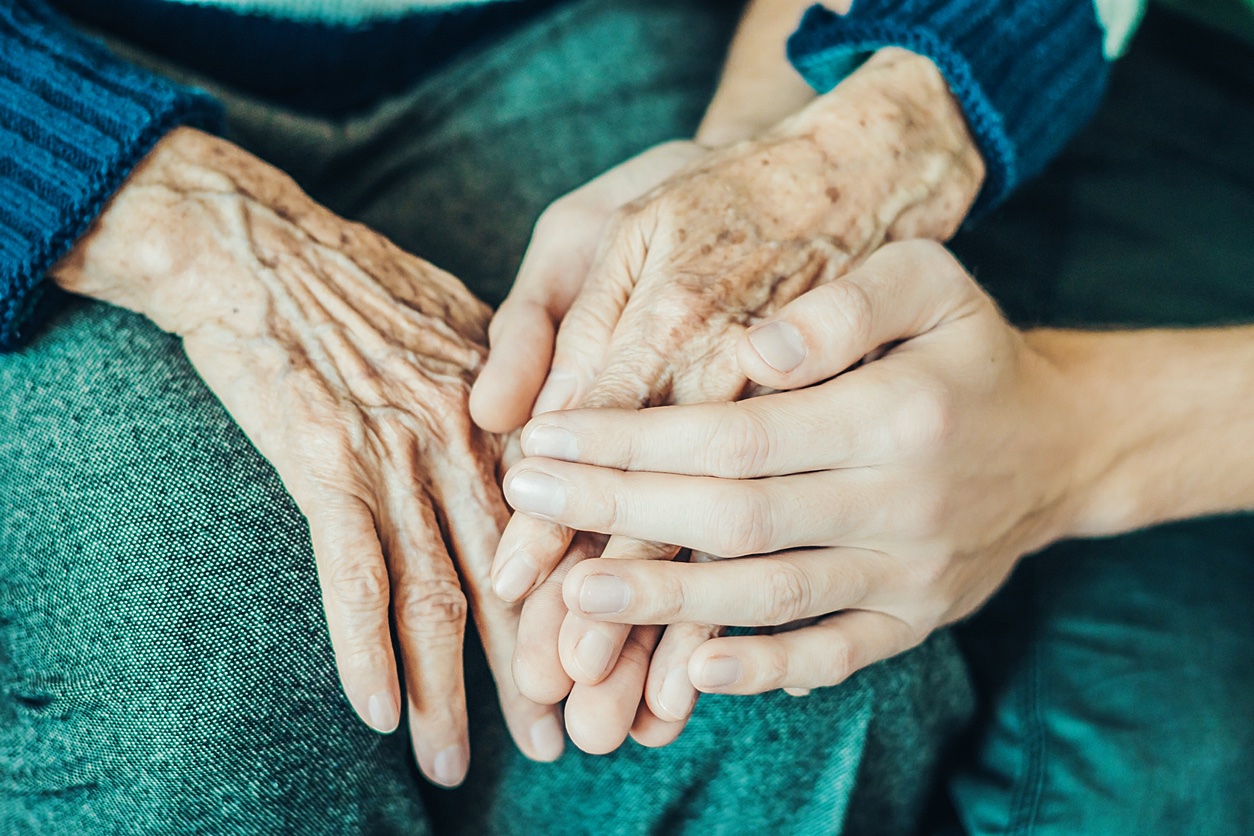Nursing homes, assisted living, and homecare services for an elder in need are a difficult expense for many middle-class families to manage. Home health care can be anywhere from $2,000 to $12,000 a month. Assisted living can be anywhere from $3,000 to $8,000 a month. Nursing homes can be anywhere from $9,000 to $14,000 a month. The responsibility to help pay for these services falls on the shoulders of the elder’s children, and while it is a reality many don’t want to face, when their parent frequently falls, wanders, or drives when they should not be, it becomes exceedingly clear just how important extra care is to the elder’s wellbeing.
/GettyImages-578806154-725660e4d06244d9a835b95af2651599.jpg)
Credit: Investopedia
A few typical diseases that require long-term care versus short-term care are:
- Alzheimer’s
- Parkinson’s
- Stenosis
- Neuropathy
- “Dementia“
- Stroke
Medicare will not pay for care unless you specifically purchased “long-term care
insurance.” All other insurances, including the military Tri-care for Life, will not pay for so-called “unskilled” or “custodial” care. Medicare and its various Advantage Plans and Supplemental policies cover “short-term skilled” care and will not pay for care longer than about 100 days– be that in a nursing home, your personal residence, or anywhere else. The situation isn’t any better for veterans. Many veterans and their families mistakenly believe the VA will pay for at-home health aides, assisted living, and nursing home care because they use VA doctors and get their prescriptions from the VA. Typically, only service-connected disabled vets are an exception, but not for their spouse.

Credit: Savvy Tokyo
Medicaid is often the answer for those who need help. Financially, the demographics that benefit most from Medicaid planning are middle class married couples worried about impoverishment, a spouse due to the diseases and conditions above, a widow or widower, or an elder’s kids worried about running out of money for their parents and having to pay out of pocket.
So how can Medicaid help relieve some off that strife? There are three key places:
- Free home aids up to 5 hours a day. Medicaid will also pay for optional adult day care, diapers, prescriptions, medical transportation, physical and occupational therapy, and more. You can add or hire more hours a
day to this on your own if you need. - Care at the assisted living facility. You pay for room and board (rent and food), and Medicaid will pay the care portion of the monthly bill. For example, if the assisted living costs $3,200 a month, Medicaid will pay $1,200 for care, and you pay $2,000 for rent for the apartment and food for the month.
- Medicaid Pays the entire nursing home bill after your personal monthly income copay. Your share of cost in a nursing home is never more than your personal monthly income.I f you are married, your spouse may be entitled to keep a portion of your income for his or her own living expenses, lowering your care costs even more.

Credit: ABA Journal
There are many variables that go into one’s qualification for Medicaid, which is why an elder law attorneys is so crucial throughout the process. One wants a lawyer who can handle their particular legal situation and has expertise in the area of law relating to one’s legal needs. While all lawyers are allowed to advertise, only certified attorneys are allowed to identify themselves as “Bar Board Certified” or as a “specialist”. Certification is the highest level of recognition by the state Bar of the competency and experience of attorneys in the areas of law approved for certification by the state Supreme Court.
Certified Elder Law attorneys deal with legal issues involving health and personal care planning, including: advance directives, lifetime planning, family issues, fiduciary representation, capacity, guardianship, power of attorney, financial planning, public benefits and insurance, resident rights in long-term care facilities, housing opportunities and financing, employment and retirement matters, income, estate and gift tax
matters, estate planning, probate, nursing home claims, age or disability discrimination, and
grandparent’s rights.

To be certified, the lawyer was required to have substantial involvement in all aspects of planning for aging, illness, and incapacity in the five years preceding certification. Each certified lawyer has passed peer review, completed 60 hours of continuing legal education within the three years immediately preceding application, and has passed a written
examination demonstrating knowledge, skills, and proficiency in the field of elder law to justify the representation of special competence.
When scheduling a board-certified elder law attorney, clients can rest easy knowing they are working with a professional who not only knows what they are doing, but cares about their clients’ well-being. To those going through such a hard time, this is a relief.

